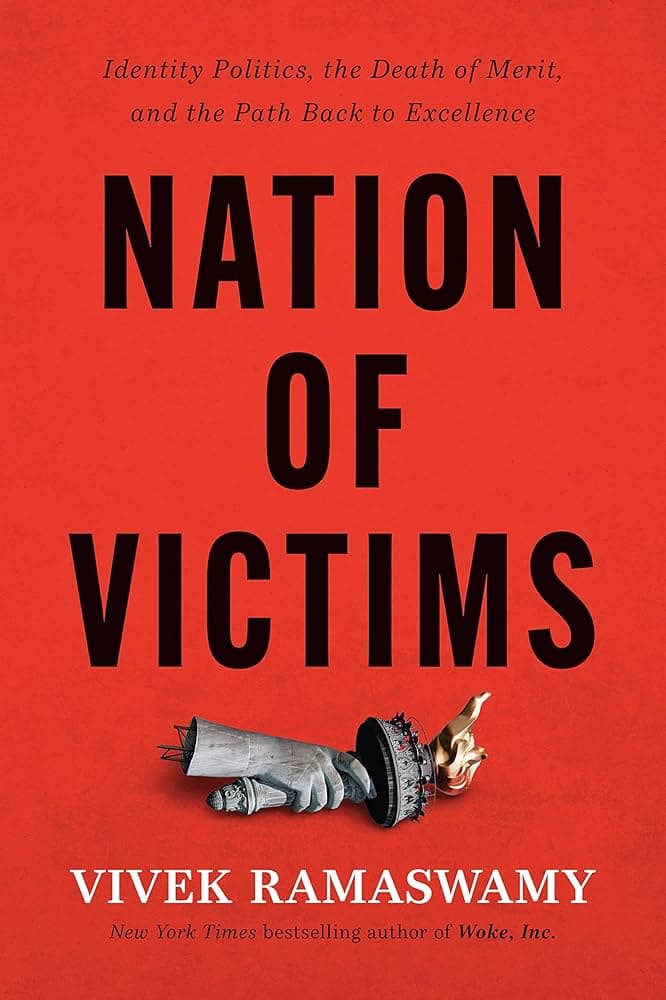Vivek Ramaswamy Reiterates Three-Word Call to 'End Identity Politics' Amidst Public Scrutiny

Vivek Ramaswamy, the entrepreneur and former Republican presidential candidate, recently issued a concise three-word statement on social media, declaring, "End identity politics." The direct message, posted on November 3, 2025, comes amidst a backdrop of ongoing cultural and political debates, and has once again drawn both support and criticism, reflecting the contentious nature of the topic in contemporary American discourse.
Ramaswamy has consistently positioned himself as a vocal critic of identity politics, a central theme in his public commentary and political platform. His books, "Woke, Inc." and "Nation of Victims: Identity Politics, the Death of Merit, and the Path Back to Excellence," articulate his belief that an overemphasis on group identity undermines national unity and fosters a culture of victimhood. He argues that this focus distracts from a merit-based society and shared American ideals.
Throughout his political career, Ramaswamy has contended that identity politics contributes to national division, replacing traditional values like faith, patriotism, and hard work with what he terms "secular religions" such as "Covid-ism, climate-ism and gender ideology." He has frequently criticized corporate activism and political figures, including Vice President Kamala Harris, for what he perceives as an embrace of identity-driven narratives.
The latest call to "End identity politics" was made without direct reference to specific controversies, yet it followed a period where Ramaswamy himself faced scrutiny, including what some described as "anti-Hindu" attacks within certain political circles. Social media users have often reacted to his statements with a mix of agreement and accusations that he, at times, contributes to the very identity-focused debates he condemns.
Ramaswamy's unwavering stance underscores a persistent debate within American society regarding the role of identity in public life and politics. His advocacy for a unified national identity, free from what he views as divisive identity-based grievances, continues to resonate with a segment of the electorate while drawing sharp rebukes from others who see identity as a crucial aspect of political representation and social justice.